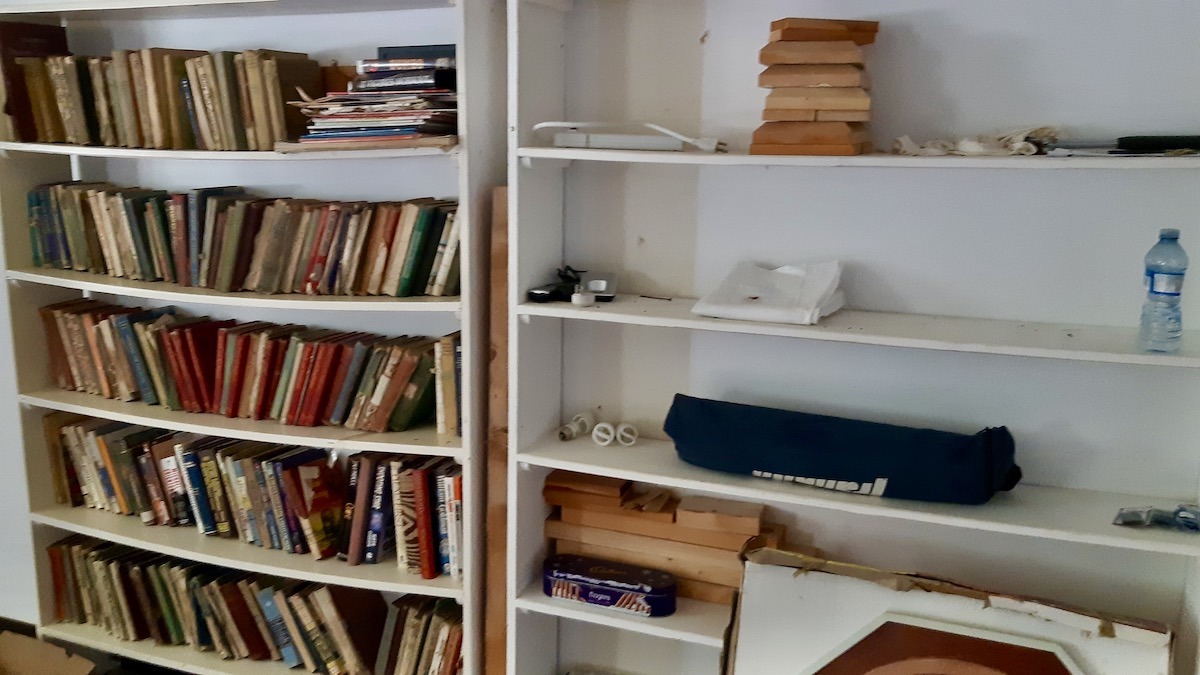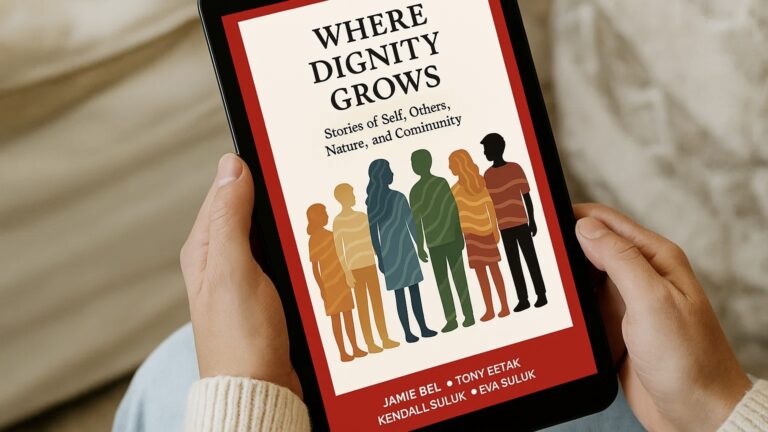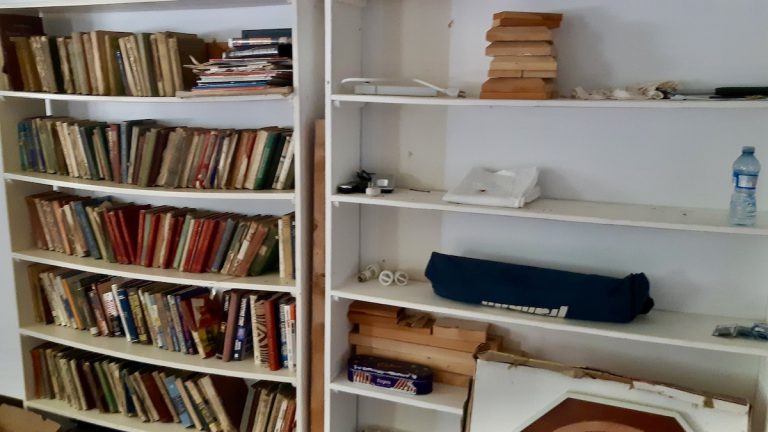
Innovation as an Act of Spatial Justice
The spaces we inhabit—our cities, our homes, our digital commons—are not neutral containers. They are texts, written in the language of concrete, code, and custom. They encode our values, our histories, and our power structures. This principle asserts that all innovation is an act of architecture, a reshaping of these spaces. Our mandate is to become conscious designers of environments that dismantle invisible walls, heal old wounds, and actively cultivate justice and belonging.
Every line drawn on a map, every line of code in an app, is a political act. We are called not just to build things, but to build a more just and life-affirming world to hold them.
The Architecture of Power
Look closely at any space. A highway that divides a neighborhood, a public square filled with hostile benches, a social media algorithm that amplifies outrage—these are not accidents. They are the physical and digital manifestations of a particular worldview. They are architectures of power that determine who is seen and who is invisible, who moves freely and who is contained, whose voice is amplified and whose is silenced. To innovate without an awareness of spatial justice is to risk reinforcing these harms, to build a beautiful new room in a house with a rotten foundation.
Our work must begin with a critical reading of the spaces we seek to change. Who designed this space? For whom? Who feels safe here, and who does not? What stories does this place tell, and what histories does it erase? By asking these questions, we move from being passive inhabitants of our environments to active co-authors of them.
From Extraction to Placemaking
Colonialism is, at its heart, a spatial project. It is about the drawing of lines on a map, the claiming of territory, the extraction of resources, and the displacement of peoples. A decolonized approach to innovation must therefore be a project of restorative placemaking. It is about creating spaces that are rooted in reciprocity and a deep sense of belonging.
This means designing digital platforms that function like a commons, not a marketplace, governed by the community they serve. It means transforming vacant lots into community gardens, not just for food, but for the cultivation of relationships. It means designing public art that tells the full, complex story of a place, honoring the voices that have been marginalized. It is a slow, patient, and deeply collaborative process of tending to the soul of a place.
Provocations for the Creator
- Who is excluded by the design of your product, your service, or your space? How can you redesign it to be an invitation to them?
- How does your work contribute to the creation of a “third place”—a space outside of home and work where community and connection can flourish?
- What invisible barrier—social, economic, or digital—can your innovation help to dismantle?
- If the place where you work could speak, what would it ask of you?
To reshape a space is to rewrite a story. It is to declare that a different world is possible, and to begin building it, right here, right now, in the very ground beneath our feet.
About the Program
ECO-STAR NORTH is a multifaceted initiative that operates at the intersection of applied research and interdisciplinary arts. At its core, the project is a rigorous inquiry into how mainstream innovation frameworks can be thoughtfully decolonized and adapted to serve the unique cultural and economic landscapes of creative communities. Rather than a top-down model, it functions as a living social sculpture, employing community-led, arts-based methodologies to co-create tools and knowledge. The project weaves together threads from creative entrepreneurship, artificial intelligence, climate action, Indigenous epistemologies, and emerging technologies, framing the development of a sustainable and sovereign creative economy not just as a business challenge, but as a collective work of interdisciplinary art.
This project has been seeded with generous support from the Minneapolis College of Art and Design Creative Entrepreneurship Program, Enterprise Development Group, The Arts Incubator Winnipeg, Art Borups Corners, The Labovitz School of Business and Economics at the University of Minnesota Duluth, Manitoba Arts Council, The Ontario Arts Council Multi and Inter-Arts Projects program, and the OpenAI Researcher Access Program.






